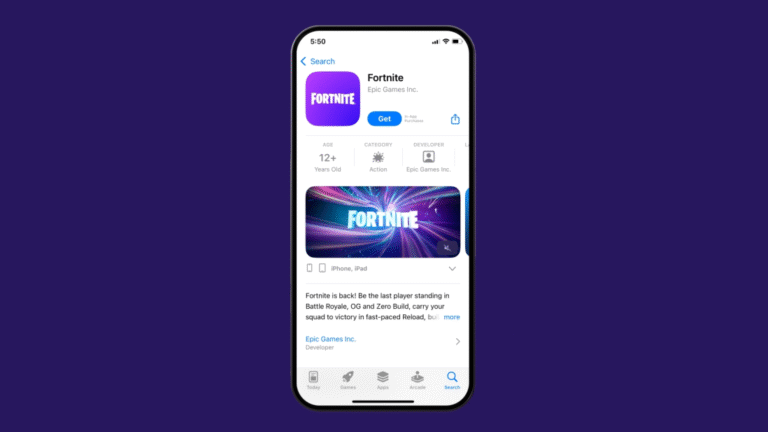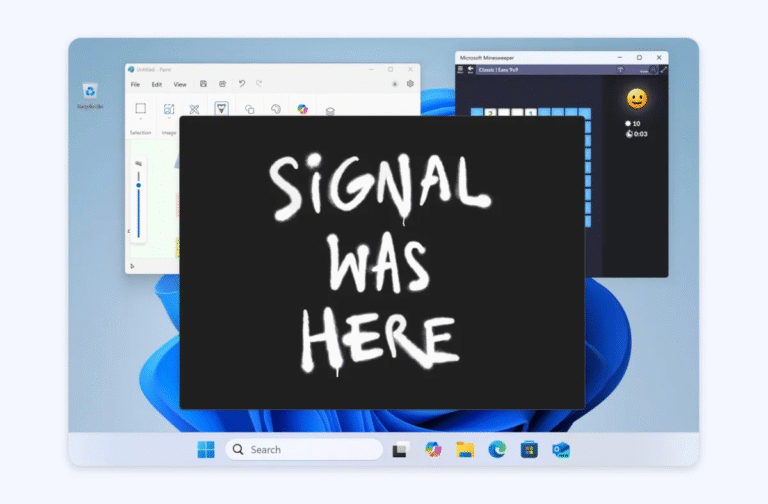TikTok has categorically denied reports suggesting that its U.S. operations might be sold to billionaire Elon Musk.
This statement came in response to a Bloomberg report claiming that Chinese officials were considering selling TikTok’s U.S. business to Musk if their efforts to overturn an impending ban in the Supreme Court failed.
“We can’t be expected to comment on pure fiction,” a TikTok spokesperson told Variety.
TikTok’s Legal Battle Over U.S. Ban

The platform is currently awaiting a Supreme Court ruling on whether the ban violates the First Amendment. On January 10, justices heard arguments, with initial indications suggesting they might uphold the ban. The restriction is set to take effect on January 19.
The ban stems from legislation signed by President Joe Biden in April 2024, allowing the government to block foreign-owned apps viewed as potential threats to national security. TikTok faces a January 19 deadline to divest its U.S. operations or risk removal from app stores across the country. Instead of complying, TikTok has chosen to challenge the law in court.
Reports of Contingency Plans

According to Bloomberg, Chinese officials are reportedly exploring alternative options, including the possibility of selling TikTok’s U.S. branch. One scenario mentioned involves Musk’s company, X (formerly Twitter), taking over TikTok’s U.S. operations in collaboration with ByteDance, the app’s Chinese parent company.
This speculation has drawn attention due to Musk’s perceived alignment with President-elect Donald Trump. Trump recently requested the Supreme Court delay the ban, stating his intention to address the issue diplomatically after taking office.
Broader Context and Implications
The situation highlights the ongoing tension between the U.S. and China over issues such as data security and technological influence. While TikTok has consistently denied accusations of data misuse or ties to the Chinese government, the app has become a flashpoint in broader geopolitical conflicts.
A potential sale to Musk could significantly reshape TikTok’s U.S. operations, aligning them with the vision of an entrepreneur already transforming social media under his leadership. However, TikTok’s outright dismissal of such claims indicates its commitment to maintaining its independence and fighting the ban through legal channels.
As the Supreme Court decision looms, the future of TikTok in the U.S. hangs in the balance, with far-reaching implications for its American user base and the global tech ecosystem.








